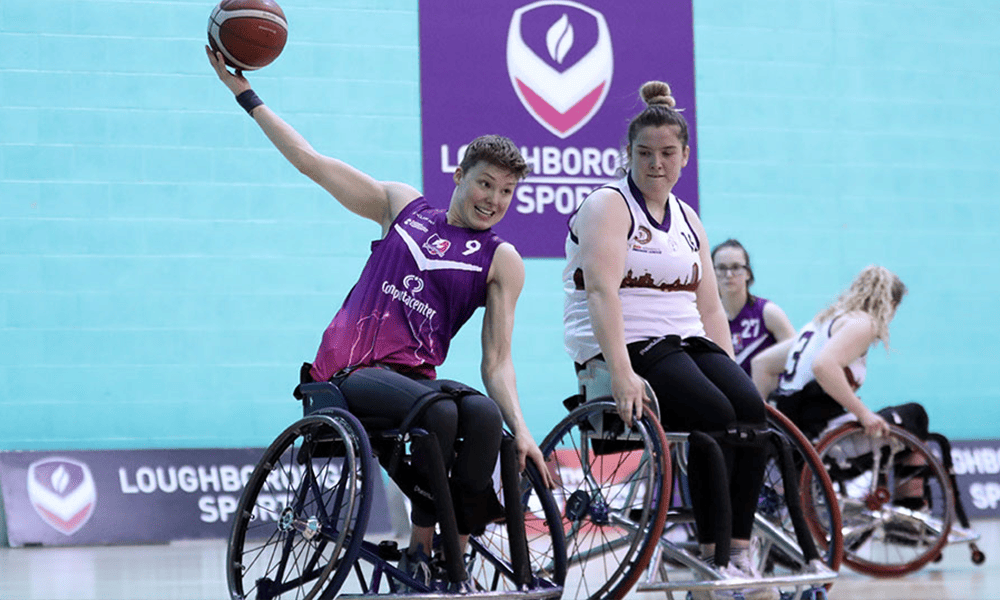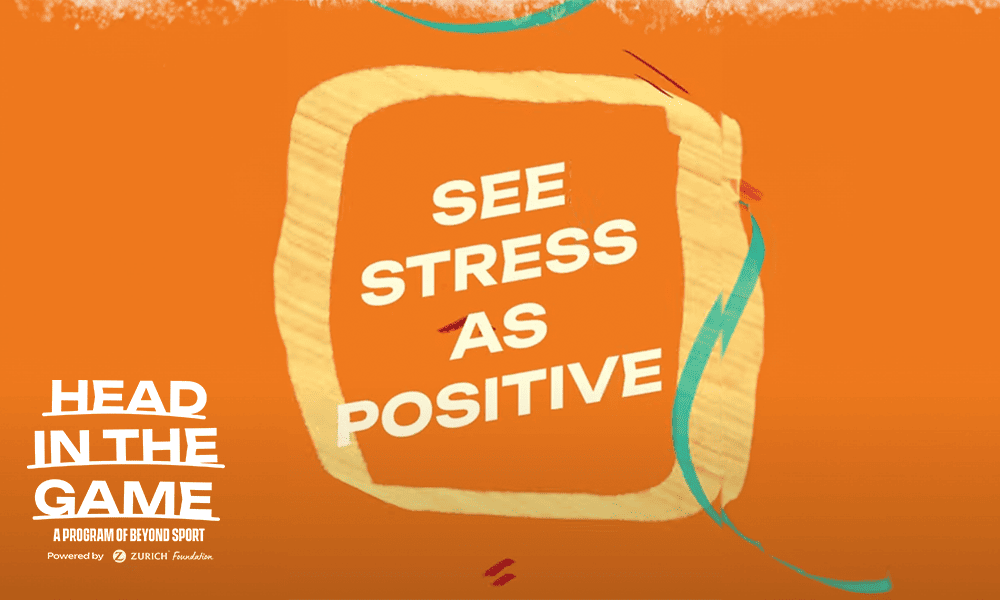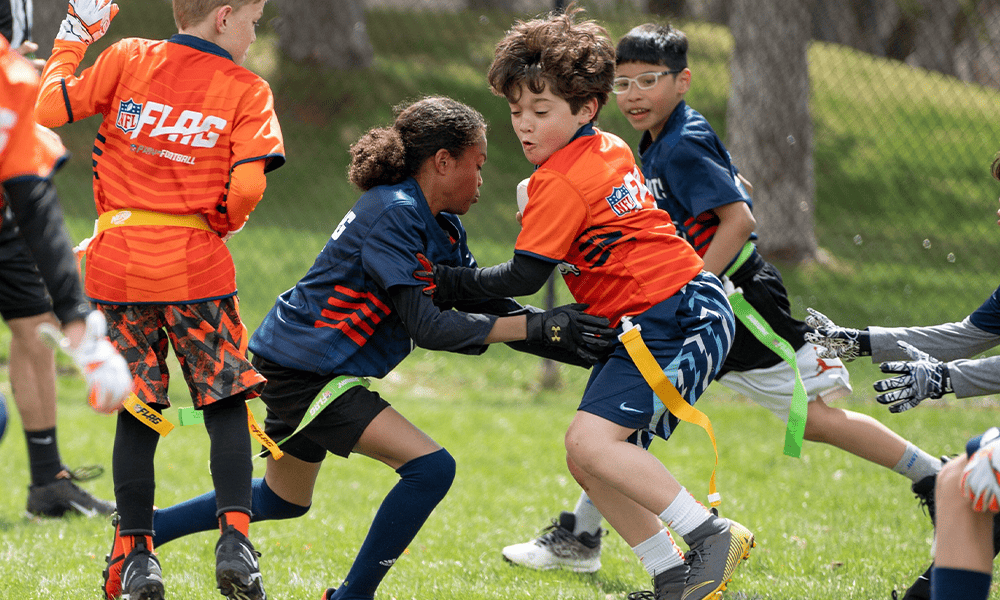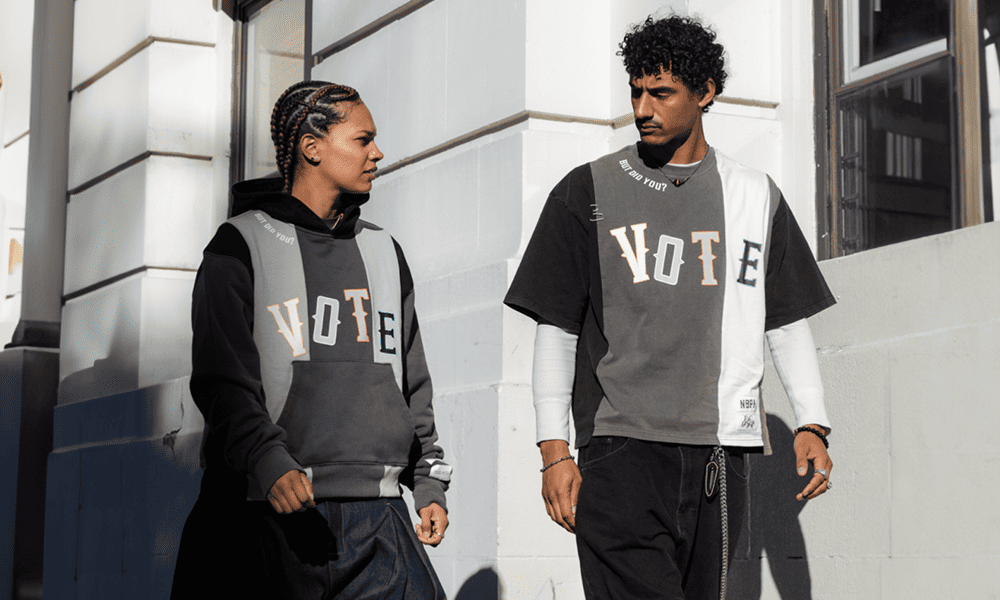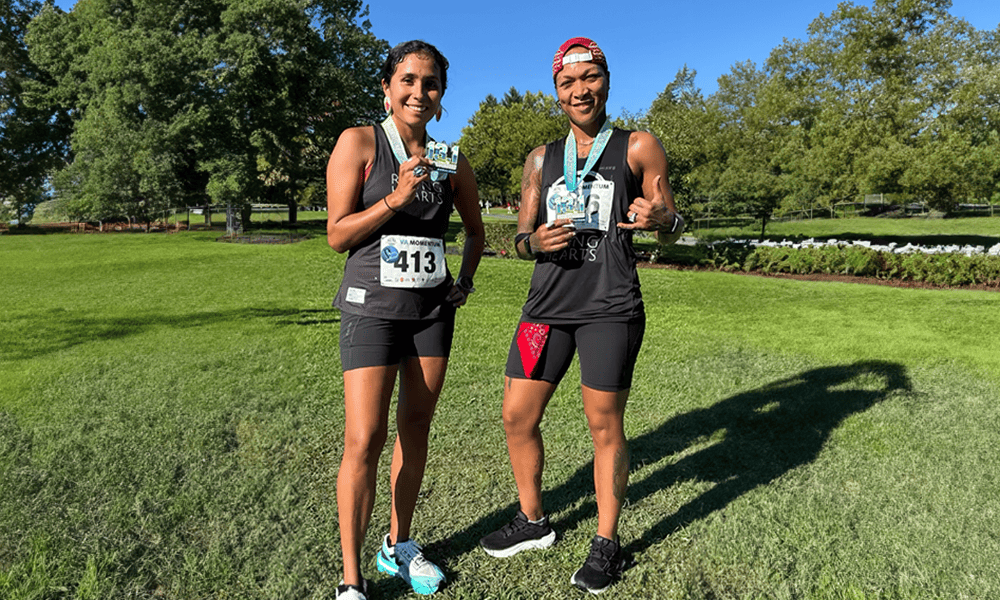January 27, 2023
Internet searches on who has scored the most goals in international football generally show Cristiano Ronaldo, however, the actual answer is Canadian footballer, Christine Sinclair. Born from the frequent inaccuracies on the internet that disadvantage sportswomen is the Correct the Internet global campaign. It has been designed to highlight and correct biases in online search results and make sportswomen more visible as a result.
Behind the campaign is an international collective of like-minded people, spearheaded by Rebecca Sowden, founding partner of Correct the Internet and owner of United Nations’ Football for the Goals (FFTG) member Team Heroine – an international sports marketing consultancy. Alongside, is New Zealand marketing agency DDB Group Aotearoa and film production company FINCH which is responsible for the creative behind the campaign. It officially launched on January 21 during a football match between the women’s New Zealand and USA teams at Eden Park in New Zealand.
“Many of the world’s leading athletes are women. Many of the world’s sporting records are held by women. But when people search online for factual sporting information about athletes, the results favour the sportsmen, even when the sportswomen have greater statistics,” said Sowden.
“Because the internet has learnt our bias, many of its search engine results are inconsistent, often favouring men, and change depending on who is searching. Our goal is to empower the next generation of sportswomen by ensuring that when women are the best in the world, the internet reflects that.”
The problem was first discovered when DBB was researching facts about the world’s top footballers and discovered that women hold many football records. Ungendered questions to find these facts were near impossible, with the internet incorrectly putting men ahead of women in the search results. For instance, the USA Women’s Basketball team has won more than double the world cup titles of any men’s team and tennis star Steffi Graf spent more time ranked as number one in tennis than Novak Djokovic.
Correct the Internet notes that one of the reasons behind the errors is that search engine algorithms are trained on human behaviour, and therefore, “the internet has learnt our human bias towards men.” For inaccuracies to be logged and fixed, people must report issues using each search engine’s built in feedback function, which is difficult to find.
Therefore, the group has created a tool that makes sending feedback easy for anyone to execute, hosted on the campaign’s site. Over time, the intention is to find and correct as many inaccurate search results as possible using the tool to influence the results when people search for facts about sports.
With its aim to empower women through the power of sport, Correct The Internet has garnered the support of FFTG and organisations such as Ngā Wāhine Hākinakina o Aotearoa / Women in Sport Aotearoa (WISPA), Women Sport Australia and New Zealand Football, and many well-known athletes including English rugby’s Red Roses’ player, Shaunagh Brown and New Zealand Football Fern’s Meikayla Moore.
“There couldn’t be a better time for this campaign, with women’s sport in the spotlight more than ever before. The 2022 ICC Women’s Cricket World Cup and the Black Ferns performance in the Rugby World Cup last year, and this year’s FIFA Football Women’s World Cup in New Zealand means internet searches may just be at an all-time high. Let’s ensure the results reflect the facts, not historic biases,” said Nicky van den Bos, Women in Sport Aotearoa Acting chief executive.
